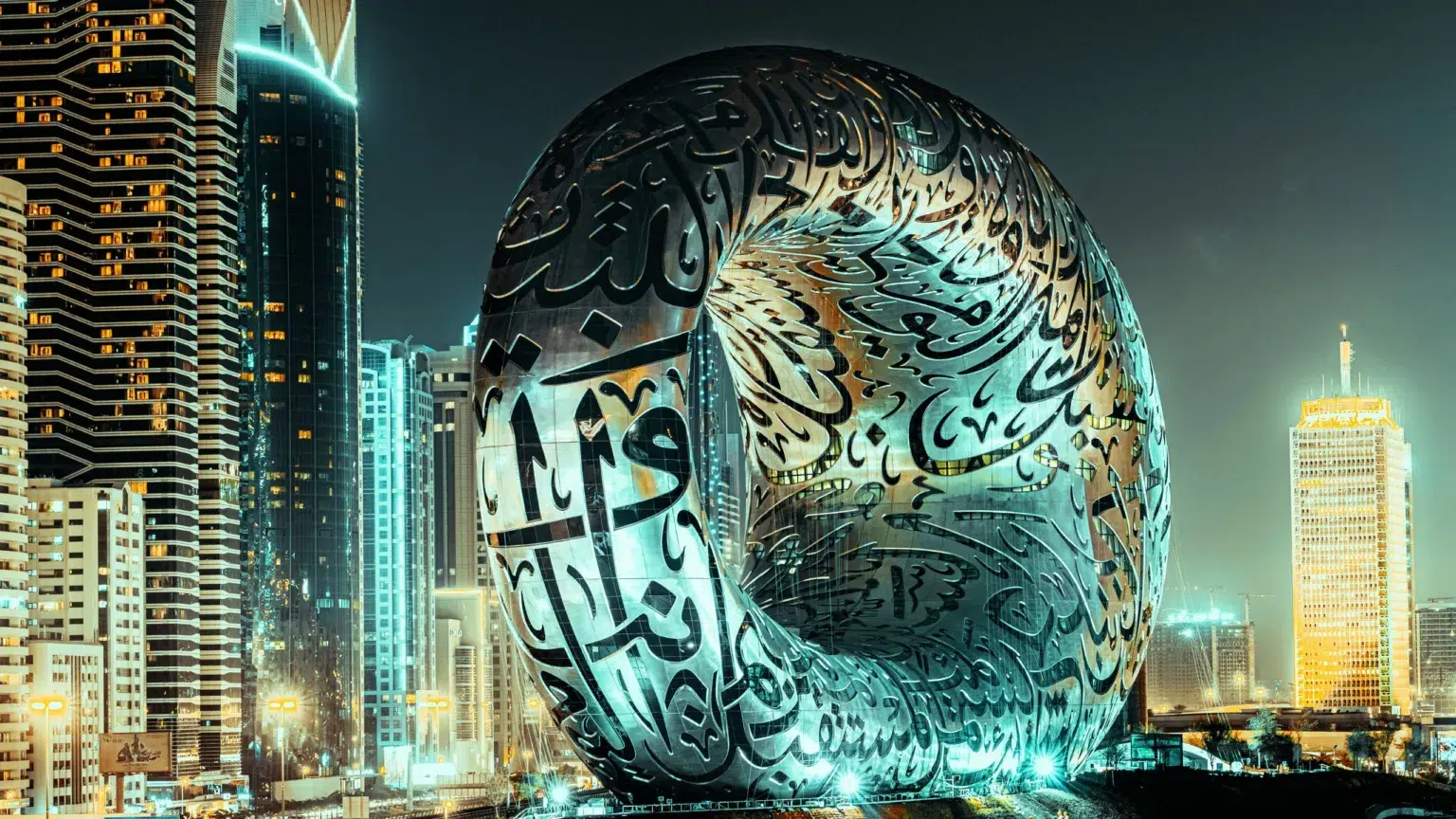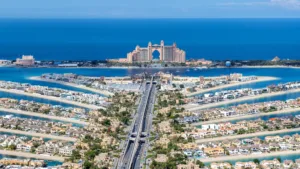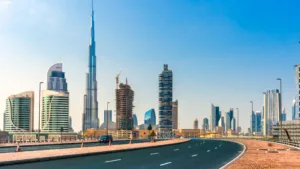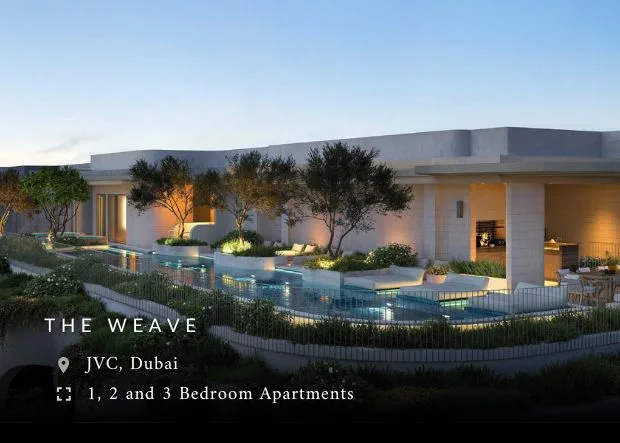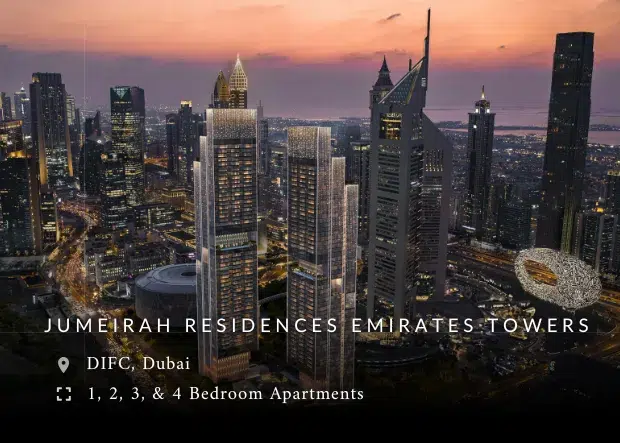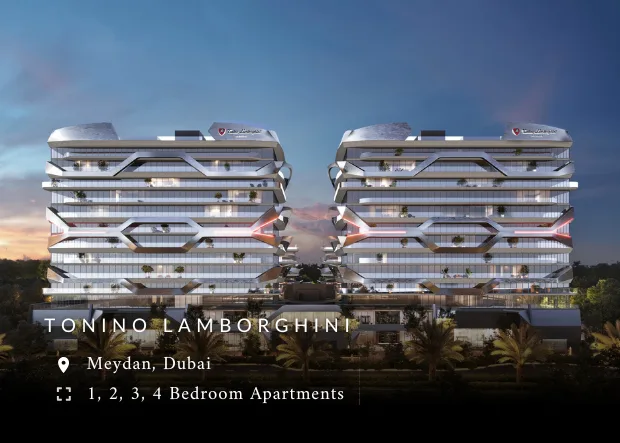Introduction
The Dubai 2030 Real Estate Vision is an ambitious project that seeks to redefine urban living in one of the world’s most dynamic cities. As Dubai continues to position itself as a global hub for investment and innovation, this strategic initiative outlines a roadmap for sustainable urban development that reflects current lifestyle trends and advancements in technology. By prioritizing integrated communities and diversified housing options, the vision caters to the evolving preferences of residents and investors alike.
At the heart of this transformative agenda is the commitment to enhancing the quality of life while fostering economic resilience. The focus on eco-friendly construction practices underscores Dubai’s dedication to sustainability—an increasingly critical keyword in today’s real estate market. Moreover, by adopting smart city technologies, the vision aims to optimize urban services and connectivity, setting a high standard for future developments.
Understanding the implications of the Dubai 2030 Real Estate Vision is crucial for stakeholders—including investors, developers, and residents—who wish to remain competitive in the changing landscape. This article delves deeper into the key components and anticipated impacts of this pioneering initiative, helping readers navigate the emerging opportunities within Dubai’s evolving real estate sector. The shift toward quality living spaces and environmental consciousness promises not only to enhance investment prospects but also to redefine the urban experience in this vibrant city.
Overview of Dubai 2030 Real Estate Vision
Dubai’s 2030 Real Estate Vision represents a comprehensive framework aimed at transforming the city’s urban landscape and enhancing its appeal as a global investment hub. This strategic initiative defines various urban development goals, targeting sustainable growth while improving the quality of life for residents and visitors alike. Central to this vision is the anticipation of a diversified economy that supports a resilient real estate market, ensuring that Dubai remains competitive on the world stage.
The vision emphasizes creating integrated communities and diversifying residential options, which reflects a shift in buyer preferences toward more inclusive and accessible living environments. Additionally, the initiative seeks to promote innovation in construction and design, focusing on eco-friendly developments that align with global sustainability standards. By prioritizing smart city technologies, Dubai aims to streamline urban services, enhance connectivity, and foster a thriving real estate sector driven by data and innovation.
Ultimately, the Dubai 2030 Real Estate Vision not only addresses immediate housing and commercial needs but also anticipates future lifestyle trends, setting a roadmap for sustainable urban development. As the city adapts to these changes, the implications for investors, developers, and residents are profound, signaling a new era in real estate that prioritizes quality living spaces, environmental responsibility, and economic resilience. Understanding these components is essential for stakeholders aiming to navigate the evolving landscape shaped by this ambitious vision.
Key Infrastructure Projects Driving Growth
Dubai’s 2030 Real Estate Vision is underpinned by several key infrastructure projects aimed at enhancing the city’s livability and connectivity. The Dubai Metro expansion, which includes additional lines and stations, is pivotal in supporting urban mobility and reducing traffic congestion. Enhanced public transportation options are crucial for integrating various neighborhoods, making them more accessible to residents and tourists alike.
Smart city technologies play a significant role in Dubai’s infrastructure strategy. Projects incorporating Internet of Things (IoT) applications aim to optimize energy usage and improve overall operational efficiency within buildings and public spaces. These innovations are not only enhancing the urban experience but also shaping the real estate market by attracting tech-savvy investors and residents.
Sustainability upgrades are another cornerstone of Dubai’s infrastructure development. Initiatives such as green building certifications and investments in renewable energy systems demonstrate a commitment to environmentally friendly practices. These projects are designed to comply with global standards while ensuring long-term energy efficiency and conservation, which is increasingly important to today’s eco-conscious buyers.
Moreover, significant investments in recreational facilities, parks, and cultural landmarks are set to elevate the quality of life for residents. As these infrastructure projects unfold, they are expected to drive growth in the real estate sector, paving the way for innovative residential, commercial, and mixed-use developments aligned with Dubai’s forward-thinking goals.
Evolving Property Market Trends in Dubai
The property market in Dubai is undergoing significant transformation as part of the Dubai 2030 Real Estate Vision. Emerging market trends reflect a shift in buyer preferences, indicating a growing demand for mixed-use developments that blend residential, commercial, and recreational spaces. Investors are increasingly attracted to areas that prioritize accessibility and sustainable living, making formerly overlooked neighborhoods potential investment hotspots.
The ongoing enhancements in infrastructure, such as improved transportation links and smart city innovations, are shaping market dynamics. As these projects come to fruition, they are expected to elevate property values and attract a diverse range of residents and investors. Moreover, trends suggest a notable increase in interest for real estate options that incorporate advanced technology and energy-efficient features.
Additionally, demographic changes and lifestyle preferences are shifting towards properties that offer communal amenities and green spaces. This reflects a broader global trend where buyers prioritize quality of life and community over conventional living arrangements. Understanding these evolving trends within the Dubai real estate market is crucial for stakeholders aiming to make informed decisions.
In summary, the property market in Dubai is becoming increasingly influenced by factors such as sustainability, technological advancements, and changing buyer behaviors, which will undoubtedly shape the future landscape of real estate in alignment with the Dubai 2030 Vision.
Role of Sustainable Development in Dubai’s Property Sector
The Dubai 2030 Real Estate Vision places a significant emphasis on sustainable development, reflecting a global trend towards eco-conscious living. As the emirate aims for a greener future, the real estate sector is increasingly focused on green buildings and energy-efficient designs. These initiatives are not only environmentally responsible but also economically viable, attracting a growing demographic of conscious investors and homebuyers.
Eco-friendly communities are becoming more prevalent, showcasing innovative features like solar panels, water-saving systems, and sustainable materials. The incorporation of these elements is expected to meet the rising demand for sustainable living spaces, while also enhancing energy efficiency and reducing overall utility costs for residents. This shift aligns with global best practices that prioritize ecological preservation and community well-being.
Additionally, the government of Dubai is actively promoting the development of LEED-certified properties, which adhere to strict environmental standards. These efforts help to position Dubai as a leader in sustainable urban development, creating a competitive edge within the international real estate market.
Moreover, the emphasis on sustainability contributes to the overall appeal of the emirate as a destination for expatriates and investors. By integrating green principles into urban planning and property development, Dubai not only adheres to its 2030 Vision but also paves the way for a resilient and adaptive real estate sector that meets the needs of future generations.
Technology and Innovation Shaping Dubai 2030 Real Estate
The integration of technology and innovation is central to Dubai’s 2030 Real Estate Vision. Advanced technologies such as artificial intelligence (AI) and automation are revolutionizing property transactions, making them more efficient and user-friendly. AI-driven analytics play a crucial role in predicting market trends and understanding consumer behavior, enabling real estate professionals to make data-informed decisions. Moreover, PropTech solutions are enhancing the management and marketing of residential and commercial properties, facilitating seamless communication between buyers, sellers, and agents.
Smart city technology is also a significant component of Dubai’s urban landscape, promoting sustainable living and enhancing the quality of life. Internet of Things (IoT) devices are increasingly being used to monitor and manage resources efficiently in smart buildings, contributing to energy management and cost savings. This innovation supports Dubai’s commitment to creating eco-friendly communities that align with its sustainability goals.
Additionally, mobile applications and online platforms are simplifying real estate processes, allowing users to browse listings, schedule viewings, and complete transactions digitally. This shift towards digital engagement is not only convenient for buyers and investors but also expands the market reach of real estate professionals.
As Dubai continues to embrace technological advancements, the synergy between innovation and real estate is expected to foster economic growth and transformation, sustaining the city’s position as a leading global hub for investment and living.
Investment Opportunities Under Dubai 2030 Real Estate Plan
In alignment with Dubai’s ambitious 2030 Real Estate Vision, numerous investment opportunities are emerging across various sectors. The real estate landscape is adapting to significant urban development goals that promise to drive sustainable economic growth. As a result, investors are increasingly attracted to properties in mixed-use developments, which offer both residential and commercial spaces, catering to a diverse range of tenants.
Key sectors poised for expansion include hospitality, as Dubai continues to position itself as a global tourism hub. The influx of visitors fuels demand for luxury accommodations and short-term rentals, making them lucrative investment avenues. Additionally, the growing emphasis on sustainability presents opportunities in green building projects that are energy-efficient and environmentally friendly, aligning with consumers’ rising preference for eco-conscious living.
Another potential area of growth pertains to the burgeoning tech-driven real estate market. Investments in properties equipped with smart technology and innovative designs are likely to gain traction, appealing to tech-savvy residents and businesses alike. Furthermore, the ongoing development of transport infrastructure enhances connectivity, thus increasing the attractiveness of suburban areas for real estate investments.
Overall, as the Dubai 2030 Real Estate Plan unfolds, it promises to create a dynamic market rich with opportunities. Investors who align their strategies with these emerging trends can benefit from favorable returns while contributing to a vibrant and sustainable urban development.
Conclusion
In summary, the Dubai 2030 Real Estate Vision exemplifies a forward-thinking approach to urban development that encapsulates the essence of sustainable and innovative growth. By prioritizing integrated communities and diverse housing options, the initiative is poised to meet the evolving demands of both residents and investors. The incorporation of smart city technologies not only streamlines urban services but also significantly enhances the overall quality of life in Dubai.
As the vision unfolds, stakeholders have an invaluable opportunity to engage with a real estate landscape that prioritizes environmental responsibility and economic resilience. Investors and developers can greatly benefit from aligning their strategies with this dynamic framework, which offers a clear roadmap for future real estate opportunities. Moreover, understanding the implications of this strategic vision is crucial for residents who seek to thrive in an increasingly interconnected urban ecosystem.
Ultimately, the Dubai 2030 Real Estate Vision stands as a testament to the city’s commitment to becoming a leading global investment hub while improving the living conditions for all. By effectively navigating the challenges and opportunities presented by this transformative initiative, stakeholders can contribute to and benefit from a vibrant, sustainable, and prosperous Dubai. The path forward is bright, characterized by innovation, community, and a commitment to excellence in real estate.
